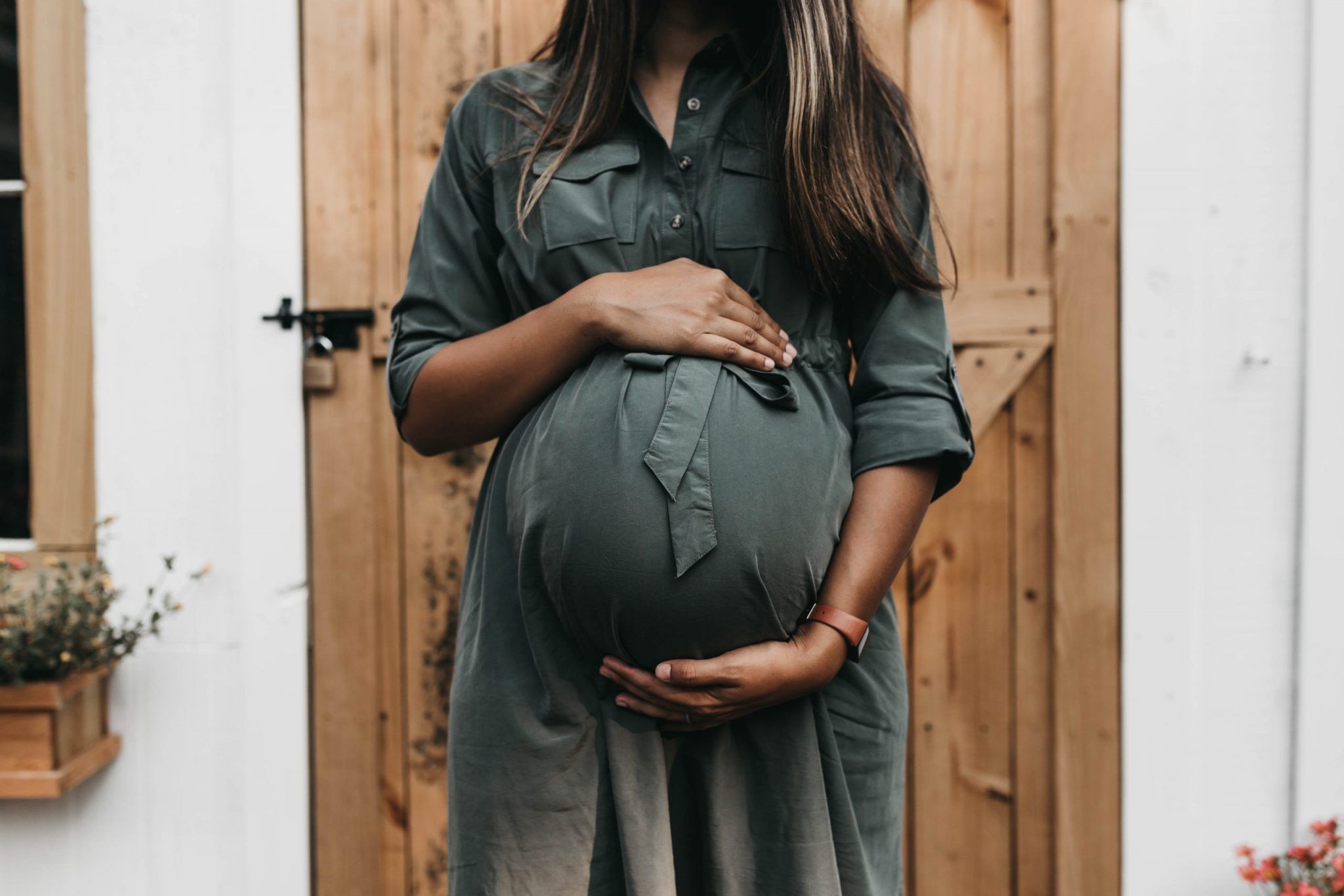The short answer is we do not know at this time.
The Centers for Disease Control currently doesn’t know if pregnant women have a greater chance of getting sick than the general population, but pregnancy does result in bodily changes that may increase the risk of contracting and having more severe illness with certain viral respiratory infections, such as influenza. So it is always important for expectant mothers to take caution when it comes to potentially exposing themselves to illnesses.
Protecting Yourself from COVID-19
The key to prevention is to avoid exposure to COVID-19, which is thought to be spread mainly from person-to-person — meaning those who are in close contact with one another or through respiratory droplets when an infected person coughs or sneezes, similar to the flu. People over the age of 60 and those with certain underlying chronic medical conditions such as heart disease, lung disease, asthma or diabetes are at higher risk for developing more serious complications from the virus. But there are things you can do to protect yourself and help prevent the spread:
- Wash your hands frequently with soap and water for at least 20 seconds — especially after you have been in a public space or after blowing your nose, coughing, or sneezing.
- An alternative to hand-washing is using a hand sanitizer that contains at least 60% alcohol.
- Avoid touching your eyes, nose, and mouth with unwashed hands.
- Avoid close contact with anyone who may be sick.
- Put distance between yourself and others (about 6 feet) if COVID-19 appears to be spreading throughout the community.
The Effect of COVID-19 on Your Baby
It is still unknown if a pregnant woman with COVID-19 can pass the virus on to her baby during pregnancy or labor and delivery. According to the CDC, no infants who have been born to mothers with COVID-19 tested positive for the coronavirus. There have been only a small number of reported problems with pregnancy in moms with COVID-19, primarily preterm birth, though due to limited data, it is not clear if the premature labor was indeed related to the viral infection.
COVID-19 and Breastfeeding
In the aforementioned cases where infants were born to mothers with COVID-19, the virus actually was not found in samples of amniotic fluid or breast milk. Though it is still unknown if the coronavirus can still be transmitted via nursing, breastmilk certainly does provide protection for your baby against many illnesses. While the CDC has no specific guidelines for nursing during infection with COVID-19 or even similar viruses such as Severe Acute Respiratory Syndrome (SARS-CoV), they do recommend that a mother with influenza continue nursing or feeding expressed breastmilk to her infant while taking certain precautions to avoid spreading the virus to her baby. This includes washing your hands before touching the infant and any breast pump or bottle parts (as well as washing bottles and pump parts thoroughly) and also wearing a face mask, if possible, while nursing. It may also be wise to consider having a healthy friend or family member feed expressed breast milk to your baby until you are fully recovered.
Visit the CDC.com for more and updated information, and we will continue to keep our patients informed as more is learned about COVID-19.


